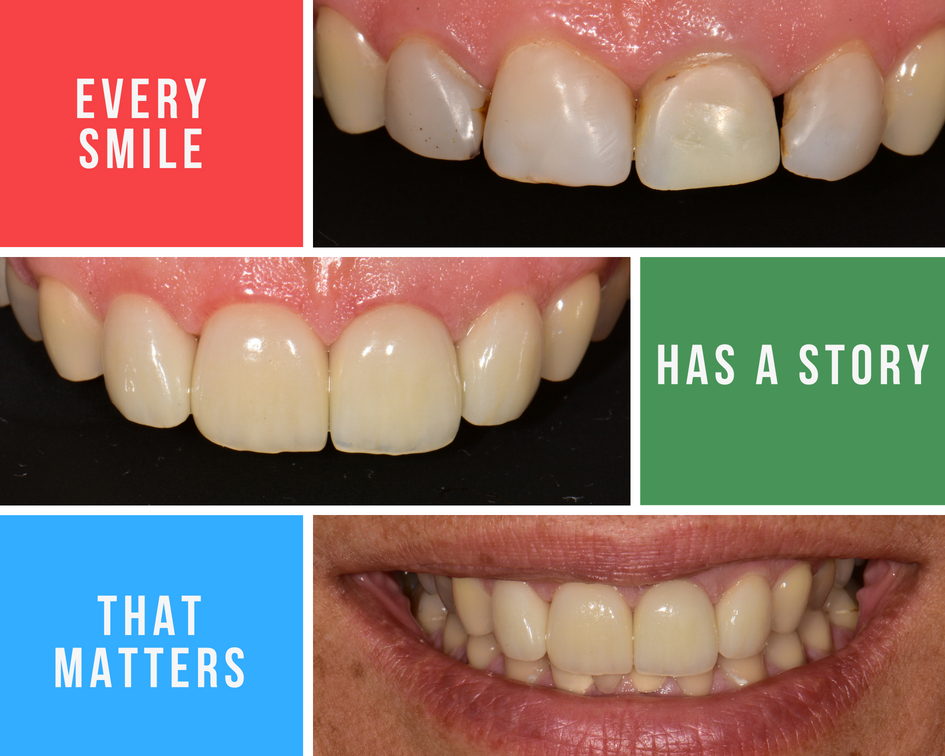BLOG
The limits of reason

The Semmelweis Reflex
Data is not always sufficient to drive a change in people's, doctors or scientist's behavior. Why is that? Whys did scientists need almost 2000 years to accept the fact that light object falls as fast as heavy ones (The experiment at Pisa)? Why did it take the British Royal Navy almost half a century to act on Dr Lind's "Treatise of the Scurvy" to distribute lemon juice to their sailors and prevent scurvy? Why did it take Europe’s leading medical practitioners more than 20 years to accept Dr. Ignaz Semmelweis's findings and wash their hands before surgery(Semmelweis reflex - the tendency to reject new evidence contradicting established norms)? Why do doctors prescribe antibiotics even when they shouldn't (Inappropriate Antibiotic Use)?
Denying to the Grave
Well, psychological studies show (new discoveries about the human mind show the limitations of reason) that even after there is sufficient evidence to totally refute our believes we fail to accept facts and make appropriate revisions in our behavior. Why is that, what is the reason for this disconnect? It turns out that this has nothing to do with access to information or the level of education people have but rather with our resistance to accept new concepts while discarding existing beliefs. In Denying to the Grave, Gorman and Gorman outline a method and principles in dealing with people who do not believe the science, and since nothing can be ultimately established with 100% accuracy, we can always argue and find ways to support our beliefs, thus some people's views will never be changed. However, "by adding compassion, empathy, and emotion into this equation we will finally be able to effectively help people make the crucial decisions that will ultimately save their lives" (Gorman, Sara E.. Denying to the Grave: Why We Ignore the Facts That Will Save Us (pp. 265-266). Oxford University Press.)
The Choice is Yours
There are many significant breakthroughs, data-driven findings out there, that may disappoint those waiting for the medical community to fully embrace and implement them as industry standards right away (for many reasons) but they may have a huge impact in your life, giving life-hackers a great advantage over the others.
One such case is that of mercury-amalgam fillings also known as silver fillings. There are many scientific-based studies that

show the negative impact on people's health and the environment. European Parliament plans to phase out amalgam fillings by 2030 but there are many early adopters like Sweeden, United Kingdom, France, Norway, Danemark or Germany who already banned or restricted the use of mercury fillings. It may be for good reasons:



